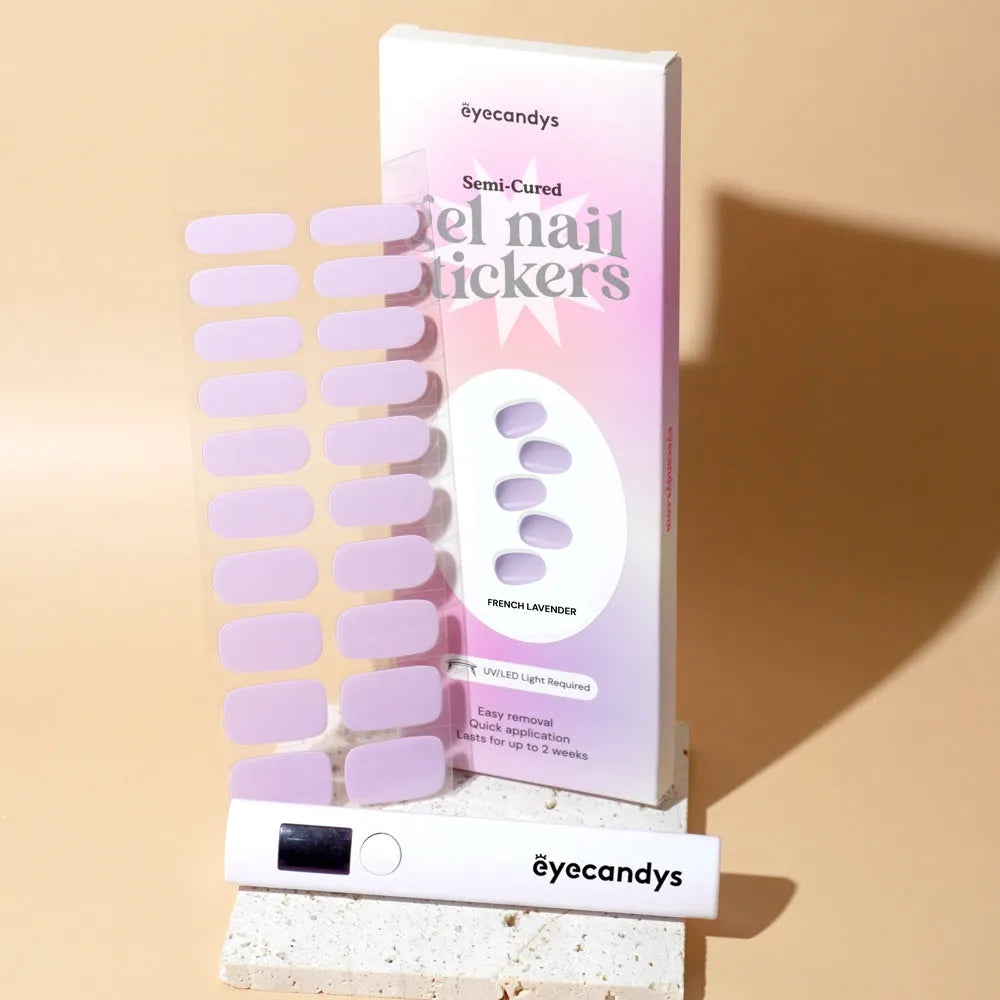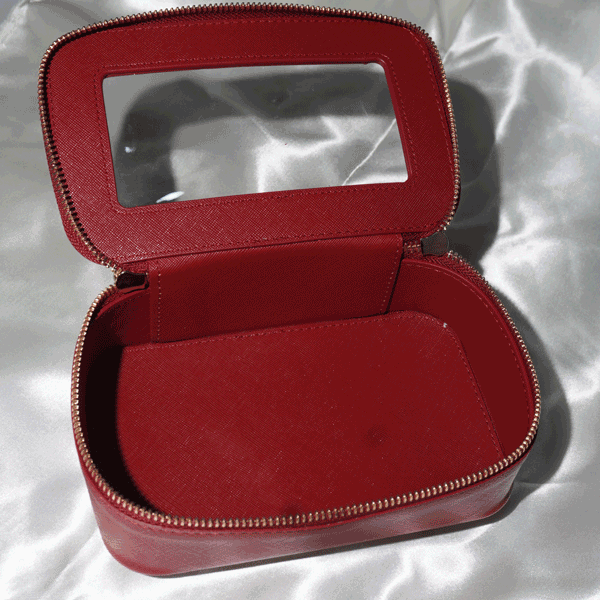Lens Coatings Explained: Scratch, Glare & UV Protection
When choosing a new pair of glasses, most people focus on the frame style—and we get it, fashion matters. But the real magic happens in the lens coatings. These thin, invisible layers can make your glasses more comfortable, more protective, and longer-lasting, no matter how stylish your frames are.
If you’ve ever wondered what anti-glare, scratch-resistant, or UV-blocking lenses actually do—or which ones you really need for daily wear—this guide will help you understand the essentials. Let’s break it down.
Why Lens Coatings Matter
Lenses do more than help you see. With the right coatings, they can:
-
Protect your eyes from UV damage
-
Reduce screen glare and eye strain
-
Resist scratches and extend lens life
-
Repel dust, water, and smudges
-
Improve your overall clarity and comfort
The coatings you choose can dramatically affect how your glasses perform in real life. Think of them like skincare for your specs—customised protection that supports your lifestyle.
Anti-Scratch Coating: Protection Against Daily Wear and Tear
A transparent, hard coating that helps prevent surface damage from minor abrasions, cleaning cloths, or daily handling.
Why You Might Need It
Even if you’re careful with your glasses, daily wear can lead to small scratches that distort your vision. An anti-scratch coating adds a layer of durability without affecting clarity.
Who It’s For
Everyone. If you wear glasses daily—especially if you toss them in your bag or clean them often—scratch resistance is a smart, long-term investment.
Anti-Reflective / Anti-Glare Coating: For Clearer, Sharper Vision
What It Is
A multi-layer coating that reduces reflections and glare from screens, headlights, and harsh lighting.
Why You Might Need It
Without it, light bounces off your lenses—both from the front and the back—creating reflections that can cause eye fatigue, especially with digital screens or night driving.
Benefits
-
Sharper vision
-
Less squinting in bright or low light
-
Better eye contact (no reflections in photos or conversations)
-
A clearer, cleaner look for high-index or thinner lenses
Who It’s For
If you spend long hours on screens, work under fluorescent lights, or do a lot of night driving, anti-reflective lenses are a game-changer.
UV-Blocking Coating: Invisible Sun Protection for Your Eyes
What It Is
A clear coating that blocks 99–100% of harmful UVA and UVB rays—without needing tinted lenses.
Why You Might Need It
Just like your skin, your eyes can be damaged by sun exposure. UV-blocking lenses help prevent long-term issues like cataracts, macular degeneration, and retinal damage.
Who It’s For
Everyone, but especially those who spend time outdoors or near windows. Even on cloudy days, UV rays are present—and this coating works without affecting your indoor visibility.
Bonus Coatings You Might Love
Blue Light Filtering
Perfect for digital device users, this coating filters out high-energy visible (HEV) blue light from screens, reducing eye strain, fatigue, and potential sleep disruption.
Hydrophobic / Oleophobic (Water + Smudge Resistant)
Repels fingerprints, oil, water, and dust. Makes cleaning easier and lenses clearer for longer.
Photochromic / Light-Reactive Coating
Turns clear lenses into sun lenses outdoors by darkening in UV light. Great for all-in-one eyewear if you’re frequently on the go.
How to Choose the Right Coatings for You
Not every lens needs every coating. The key is matching your lens features to your daily habits and environment.
Here’s a quick guide to what’s essential based on your lifestyle:
| Your Routine | Must-Have Coatings |
| Screen-heavy / work-from-home | Anti-reflective, blue light filter |
| Outdoors often | UV-blocking, optional photochromic |
| Night driving | Anti-reflective, UV-blocking |
| On-the-go / multitasker | Scratch-resistant, hydrophobic |
| Students or creatives | Blue light, anti-glare, scratch-resistant |
Final Thoughts: Small Details, Big Difference
Lens coatings might seem like an afterthought, but they can completely change how your glasses function and feel. Whether you’re protecting your eyes from sun damage, improving screen clarity, or just trying to avoid scratches, the right coatings add comfort, durability, and ease to your everyday wear.
At EyeCandys, our lenses come with options to match your lifestyle, from anti-glare to UV protection and beyond. Not sure what you need? Our team can help you customise your lenses based on how you live, work, and play.
Because seeing clearly is only part of the story—feeling good in your glasses is the rest.









